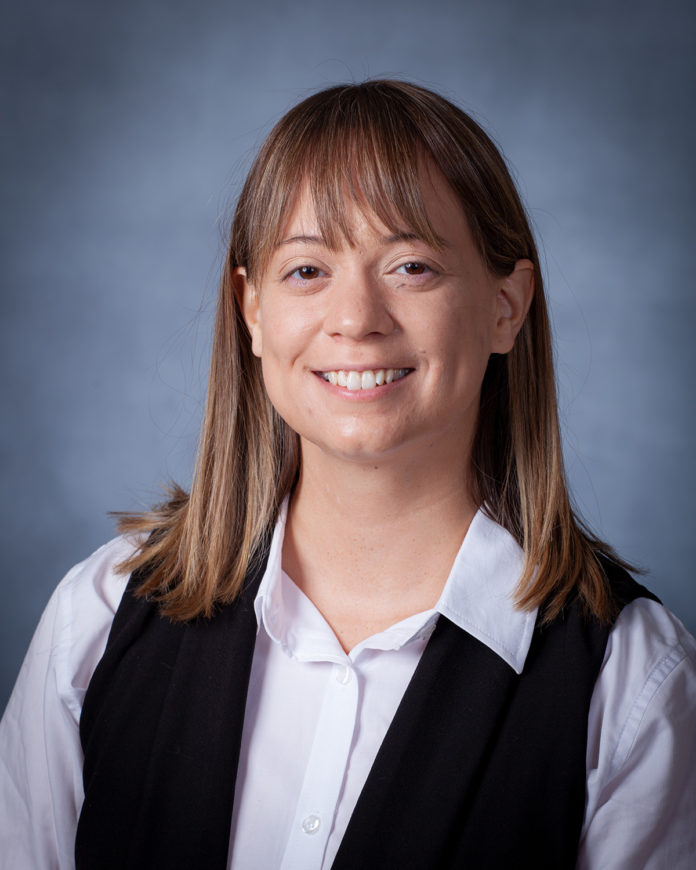
The Neurodivergence Collective of New Brunswick offers a peer-to-peer community for neurodivergent people in the province and has garnered nearly 300 followers in their Facebook group.
It began as a series of subgroups focused on autism and intersecting 2SLGBTQIA+ identities, then converged into a united collective extending to all neurodivergent communities. Each subgroup manages its own activities and initiatives while regularly communicating with each other.
Louise Tardif, the founder of the collective, said being diagnosed with autism as an adult reduced the number of resources she could access as support was predominantly offered to young children or families.
“If you’re wandering around in a primarily neurotypical world, it can feel very lonely that people always are kind of alien to you,” she said, “I wanted to be able to connect with community members and then [there wasn’t] anything for me, so I just created my own [collective].”
Tardif described the autistic peer-support group meetings as facilitated discussions. Each meeting involves open dialogue on a topic the members deem important, with the discussion guided by one to three specific questions.
The agendas for the meetings are sent out earlier with the topics and questions, a structure that Tardif said helps with their “type of brains.”
New members are also introduced at each meeting and personal highs and lows of the month are shared as a group check-in.
“[The discussion] on mental health and our experiences with the mental health systems [can] be very difficult discussions because they’re often traumatic for a lot of us,” said Tardif.
She said the discussions have enabled her to build new insight into how she perceives herself and navigates her life, particularly in terms of coping mechanisms and self-advocacy.
“[Meeting with other autistic people] helps the learning curve if you have people who’ve already had those experiences,” she said.
In the future, Tardif hopes the collective can be built into a social enterprise that might be reframed as a charity. She believes that an income for the collective would help membership.
“I see [autism] as an essential part of my being and identity. You can’t separate the identity out of me,” said Tardif. “It colours my senses, how I feel, react and interact. It’s a beautiful thing when you find other people in your ‘neuro-minority’.”
Melanie Green is an autistic student completing an honours in psychology at the University of New Brunswick. After a series of misdiagnoses and dismissive interactions in the medical field, Green was finally diagnosed with autism at 42. She chose to return to school after receiving her diagnosis, driven to contribute to the autism research field with her personal insights.
“I wanted to go back to study psychology to help people like myself,” said Green. “I think my lived experience would contribute a lot.”
Green follows the Neurodivergent collective on Facebook and believes it provides a sense of connection. She emphasized that the “deficits” in autistic communities emerge when they are interacting with neurotypicals, not other autistics, something known in research as “double empathy.”
For Green, societal acceptance involves working together and including autistic people in the choices that concern them. She believes the best kind of support for autistic people is genuine curiosity.
“Ask questions, get to know people,” says Green. “Just curiosity. Try not to go in with any kind of preconceptions … approach it as something that’s neutral.”
